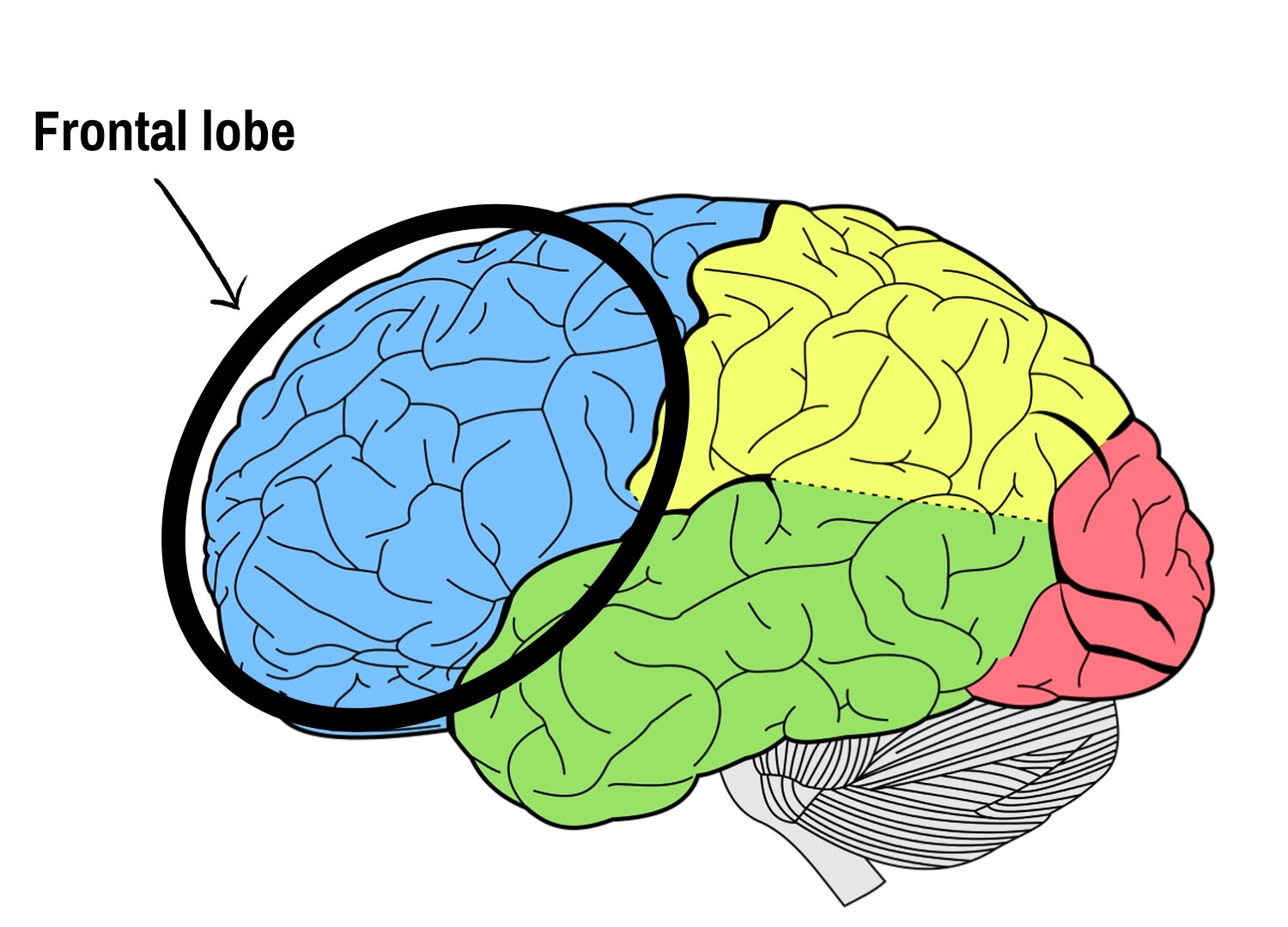This report aims to comprehensively understand FLE, its symptoms, and its implications for deliverance ministry, emphasizing the need to consider physical possibilities alongside spiritual discernment.
Introduction
Deliverance ministry, a vital aspect of some Christian practices, involves discerning spiritual influences and addressing them through prayer and other spiritual interventions. However, it is crucial to recognize that not all manifestations perceived as demonic are purely spiritual in nature. Some conditions have a biological basis that must be considered. Frontal Lobe Epilepsy (FLE) is one such condition that can present with symptoms mimicking demonic manifestations. This report aims to provide a comprehensive understanding of FLE, its symptoms, and its implications for deliverance ministry, emphasizing the need to consider physical possibilities alongside spiritual discernment.
About Frontal Lobe Epilepsy
Frontal Lobe Epilepsy (FLE) is a type of epilepsy that originates in the frontal lobes of the brain, which are responsible for various functions including motor skills, problem-solving, spontaneity, memory, language, judgment, impulse control, and social and sexual behavior. FLE accounts for approximately 20% of all epilepsy cases and can affect individuals of all ages.
Statistical Data:
- In the United States, epilepsy affects about 1% of the population, with FLE comprising roughly 20% of these cases. This translates to around 650,000 individuals with FLE in the U.S.
- Globally, epilepsy affects approximately 50 million people, making it one of the most common neurological diseases worldwide. Therefore, about 10 million people worldwide may have FLE.
Symptoms of Frontal Lobe Epilepsy
FLE is characterized by a variety of symptoms, which can sometimes be mistaken for behavioral or psychiatric disorders. These symptoms include:
- Seizures: Typically brief, lasting less than 30 seconds, and often occurring in clusters.
- Motor Symptoms: Sudden, involuntary movements such as jerking, kicking, or thrashing.
- Sensory Symptoms: Sudden, unexplained sensations, such as tingling or a sense of deja vu.
- Psychic Symptoms: Sudden changes in mood or emotional state, including fear, anxiety, or anger.
- Cognitive Symptoms: Impairments in concentration, memory, and problem-solving abilities.
- Autonomic Symptoms: Changes in heart rate, breathing, or sweating.
Case Studies and Scholarly Insights
Case Study 1: The Misdiagnosis of Possession
In a case study published in the Journal of Neurology, Neurosurgery & Psychiatry, a 24-year-old woman was initially thought to be possessed due to her violent outbursts and trance-like states. Upon further examination, it was discovered that she was experiencing seizures originating from the frontal lobe. After receiving appropriate treatment for FLE, her symptoms significantly improved, illustrating the importance of distinguishing between spiritual and medical conditions (Blume, “Frontal Lobe Epilepsy Misdiagnosis”).
Case Study 2: Behavioral Changes and FLE
Another study in Epilepsy & Behavior described a young man whose sudden aggression and impulsive behavior led his family to seek spiritual intervention. Neurological evaluation revealed that he had FLE, which was successfully managed with medication and therapy. This case underscores the necessity for thorough medical assessments in cases of sudden personality changes (Tellez-Zenteno, et al. “Behavioral Manifestations of Frontal Lobe Epilepsy”).
Case Study 3: FLE and Religious Experiences
A fascinating report in the Journal of Epilepsy Research detailed the case of a middle-aged man who reported experiencing intense religious visions during his seizures. Initially interpreted as spiritual encounters, these were later identified as a manifestation of his FLE. This case highlights the complex interplay between neurological conditions and spiritual experiences (Devinsky, et al. “Religious Experiences and Frontal Lobe Epilepsy”).
Implications for Deliverance Ministry
For those involved in deliverance ministry, it is crucial to approach each case with a balanced perspective. While spiritual discernment is essential, it is equally important to recognize the potential for neurological conditions such as FLE to produce symptoms that might be misinterpreted as demonic manifestations. Here are some practical steps to integrate this understanding into deliverance ministry:
- Encourage Medical Evaluation:
- Before concluding that a person is experiencing a spiritual attack, encourage a thorough medical evaluation. This can help identify any underlying neurological or psychological conditions that might explain the symptoms.
- Educate Ministry Members:
- Provide training for deliverance ministry team members on the signs and symptoms of neurological conditions like FLE. This knowledge can help them distinguish between potential medical issues and spiritual manifestations.
- Collaborate with Healthcare Professionals:
- Establish relationships with local healthcare providers who understand the importance of a holistic approach to care. Collaboration between ministry and medical professionals can ensure that individuals receive comprehensive support.
- Maintain Compassion and Understanding:
- Approach each case with compassion and an open mind. Recognize that individuals experiencing FLE or other neurological conditions are often struggling with their symptoms and need both spiritual and medical support.
To Sum Up
Frontal Lobe Epilepsy presents a unique challenge for those involved in deliverance ministry. The symptoms of FLE can closely mimic behaviors and experiences that might be interpreted as demonic manifestations. However, it is essential to consider the possibility of a neurological condition and to ensure that individuals receive appropriate medical care. By maintaining a balanced perspective and collaborating with healthcare professionals, deliverance ministers can provide more effective and compassionate support to those in need.
References”
- Blume, Warren T. “Frontal Lobe Epilepsy Misdiagnosis.” Journal of Neurology, Neurosurgery & Psychiatry, vol. 84, no. 2, 2013, pp. 176-181.
- Devinsky, Orrin, et al. “Religious Experiences and Frontal Lobe Epilepsy.” Journal of Epilepsy Research, vol. 100, no. 4, 2015, pp. 321-326.
- Tellez-Zenteno, Jose F., et al. “Behavioral Manifestations of Frontal Lobe Epilepsy.” Epilepsy & Behavior, vol. 10, no. 3, 2012, pp. 328-333.






